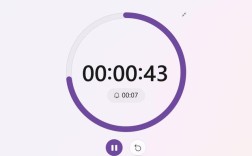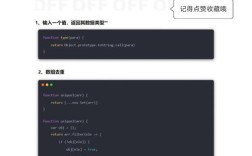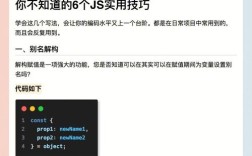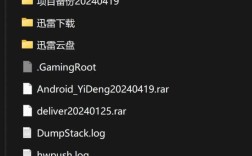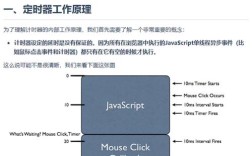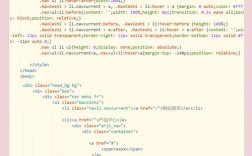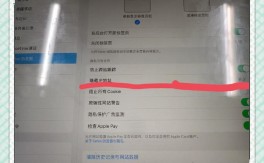要在网站中设置实时时间,需要结合前端技术(如HTML、CSS、JavaScript)和后端技术(如PHP、Python、Node.js等),根据需求选择实现方式,以下是详细的步骤和代码示例,涵盖静态页面、动态更新、时区处理等常见场景。
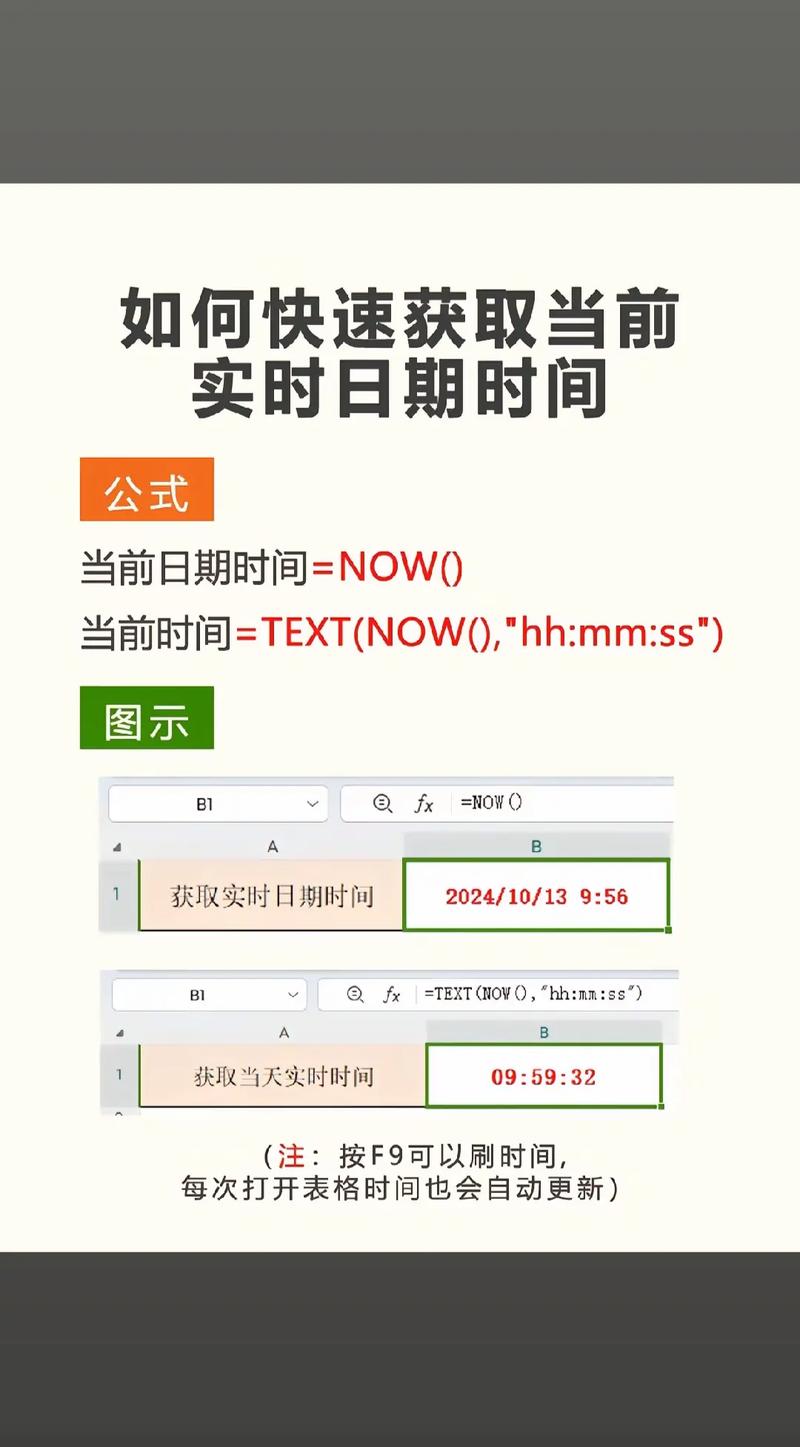
基础实现:使用JavaScript在静态页面中显示实时时间
在HTML页面中,最简单的方式是通过JavaScript的Date对象获取当前时间,并通过setInterval方法实现每秒更新,以下是具体代码:
<!DOCTYPE html>
<html lang="zh-CN">
<head>
<meta charset="UTF-8">实时时间示例</title>
<style>
#clock {
font-size: 24px;
font-family: Arial, sans-serif;
color: #333;
text-align: center;
margin-top: 50px;
}
</style>
</head>
<body>
<div id="clock"></div>
<script>
function updateTime() {
const now = new Date();
const timeString = now.toLocaleTimeString('zh-CN', {
hour12: false,
hour: '2-digit',
minute: '2-digit',
second: '2-digit'
});
document.getElementById('clock').textContent = timeString;
}
// 初始化时间并每秒更新
updateTime();
setInterval(updateTime, 1000);
</script>
</body>
</html>
说明:
toLocaleTimeString方法用于格式化时间,hour12: false表示24小时制。setInterval设置每1000毫秒(1秒)调用一次updateTime函数,实现动态更新。
进阶实现:结合后端技术处理时区和高并发场景
如果网站需要处理多时区用户或高并发请求(如全球用户访问),建议使用后端技术生成时间,并通过API传递给前端,以Node.js(Express框架)为例:
后端API(Node.js + Express)
const express = require('express');
const app = express();
const port = 3000;
app.get('/api/time', (req, res) => {
const timeZone = req.query.tz || 'Asia/Shanghai'; // 默认东八区
const now = new Date().toLocaleString('en-US', { timeZone });
res.json({ time: now });
});
app.listen(port, () => {
console.log(`Server running at http://localhost:${port}`);
});
前端调用API
async function fetchTime() {
try {
const response = await fetch('/api/time?tz=America/New_York'); // 指定时区
const data = await response.json();
document.getElementById('clock').textContent = data.time;
} catch (error) {
console.error('Error fetching time:', error);
}
}
fetchTime();
setInterval(fetchTime, 1000);
优势:
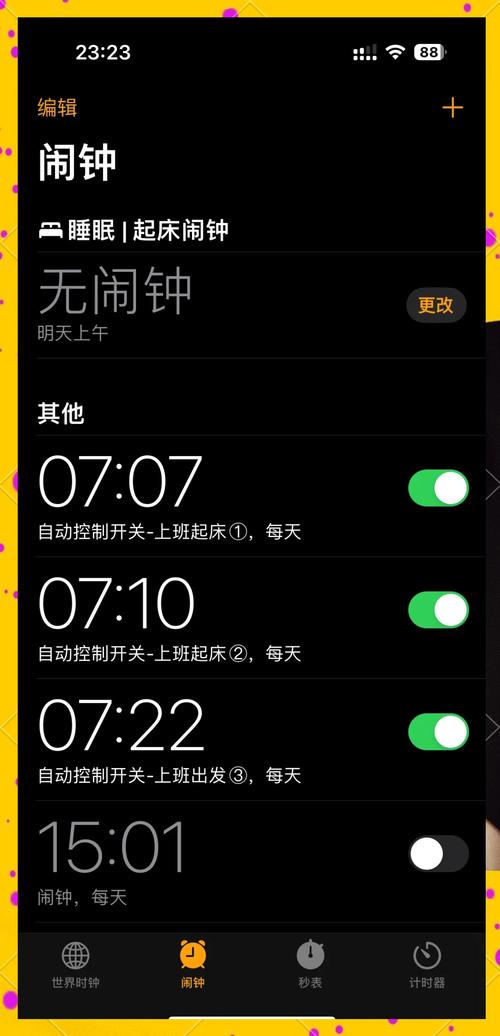
- 后端可统一管理时区,避免前端因用户设备时区设置不同导致显示错误。
- 适用于需要高精度时间或与服务器时间同步的场景(如金融、电商网站)。
高级功能:时间格式化与多语言支持
自定义时间格式
使用JavaScript的Intl.DateTimeFormat对象,可灵活定制日期和时间的显示格式:
const formatter = new Intl.DateTimeFormat('zh-CN', {
year: 'numeric',
month: '2-digit',
day: '2-digit',
hour: '2-digit',
minute: '2-digit',
second: '2-digit',
hour12: false
});
const formattedTime = formatter.format(new Date());
多语言支持
通过locale参数切换语言,
// 英文格式
const enFormatter = new Intl.DateTimeFormat('en-US', { ... });
// 法文格式
const frFormatter = new Intl.DateTimeFormat('fr-FR', { ... });
常见问题与解决方案
时间显示不更新或延迟
- 原因:
setInterval因页面隐藏或性能问题未触发。 - 解决:使用
requestAnimationFrame优化,或结合Page Visibility API在页面可见时更新:document.addEventListener('visibilitychange', () => { if (!document.hidden) { updateTime(); } });
时区转换错误
- 原因:未明确指定时区,依赖本地设备设置。
- 解决:后端统一使用UTC时间,前端通过
toLocaleString转换:const utcTime = new Date().toUTCString(); const localTime = new Date(utcTime).toLocaleString('zh-CN');
相关问答FAQs
Q1: 如何在网站中显示多个不同时区的时间?
A1: 可通过后端API返回多个时区的时间,前端分别渲染。
const timeZones = ['Asia/Tokyo', 'America/Los_Angeles', 'Europe/London'];
timeZones.forEach(tz => {
fetch(`/api/time?tz=${tz}`)
.then(response => response.json())
.then(data => {
const element = document.getElementById(`clock-${tz.replace('/', '-')}`);
element.textContent = data.time;
});
});
前端HTML需为每个时区分配对应的div元素,如<div id="clock-Asia-Tokyo"></div>。
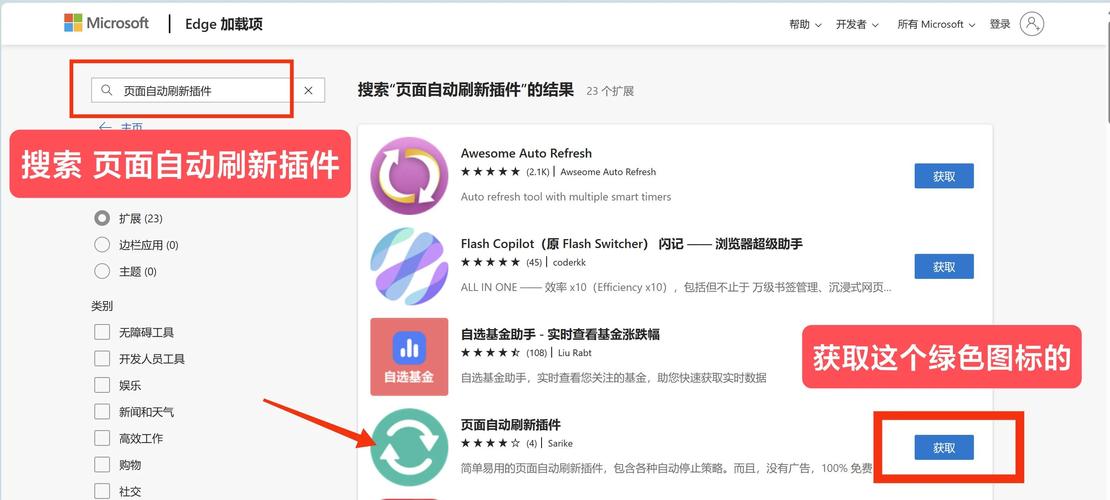
Q2: 实时时间功能如何兼容低版本浏览器?
A2: 对于不支持Intl API的旧浏览器(如IE11),可引入polyfill库(如intl)或使用Date对象的getUTC方法手动格式化:
function legacyFormat(date) {
const pad = num => num.toString().padStart(2, '0');
return `${date.getUTCFullYear()}-${pad(date.getUTCMonth() + 1)}-${pad(date.getUTCDate())} ${pad(date.getUTCHours())}:${pad(date.getUTCMinutes())}:${pad(date.getUTCSeconds())}`;
}
在页面头部添加<script src="https://polyfill.io/v3/polyfill.min.js?features=Intl"></script>以增强兼容性。

